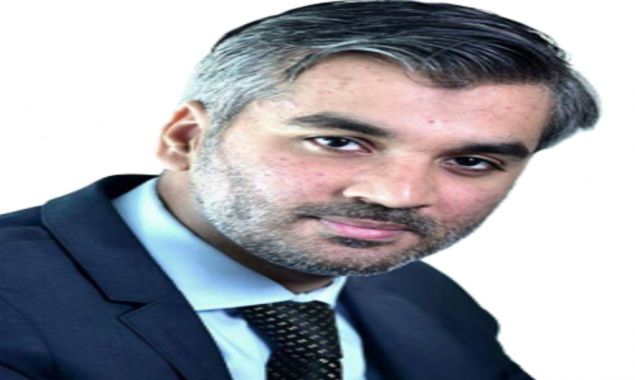CPI inflation remains in single-digit at 9 per cent in September
ISLAMABAD: The Consumer Price Index (CPI), based on monthly inflation, remained in...

Targeting 53,000 points by December 2022, Arsalan Soomro at KASB Securities project earnings growth of 12 per cent and a dividend yield of 6 per cent. Moreover, the index has the potential to re-rate once issues relating to the cash-starved energy chain are appeased.
After considerable signs of economic overheating, the government and the central bank were compelled to cut short the prevalent accommodative policies and make a structural shift towards stabilisation. Key factors influencing the decision were external account imbalances, the consequent currency weakness, inflationary uptrend, and fiscal imbalances.
Pakistan’s external accounts have been under considerable pressure since May 2021, amid the onset of the commodity up-cycle. Elevated commodity prices, in tandem, with the rising economic activity, pushed Pakistan’s import bill to record high levels. Based on the data released by the Pakistan Bureau of Statistics (PBS), Pakistan’s trade deficit has more than doubled to $20.6 billion (112 per cent YoY) in the five months of FY21. While remittances continue to remain high, Pakistan’s current account deficit is projected to surge to 5 per cent of GDP in the five months of FY22.
Inflationary pressures have rapidly picked up the past few months in Pakistan with CPI inflation touching double-digits in November 2021. The global commodity up-cycle has trickled into Pakistan’s economy, as the prices of several constituents in the inflation basket have surged rapidly.
The situation was further exacerbated by domestic supply constraints and revised fuel and energy tariffs. At the current pace, the Consumer Price Index (CPI) inflation is projected to average 11 per cent in FY22, comfortably crossing the central bank’s target of 7 per cent to 9 per cent.
Fiscal consolidation is a priority of the federal government with steps highlighted to ensure compliance with the International Monetary Fund (IMF) programme. These steps also ensure policy harmonisation with the shift in the monetary stance. The Finance Ministry has already earmarked Rs600 billion in fiscal adjustments, of which Rs400 billion are withdrawal of tax exemptions and Rs200 billion are Public Sector Development Programme (PSDP) spending reductions.
The hike in the interest rates and the recent spell of inflationary pressures are expected to reduce the purchasing power of individuals. Moreover, the planned fiscal consolidation, which aims at increasing taxation and reduce development spending, has the potential to materially impact the demand growth of various cyclical sectors.
The KSE-100 Index is trading at multiples of 5.3x, a 50 per cent discount to its 10-year historical mean of 8.0x. Moreover, compared with the past stabilisation cycles, the KSE-100 Index is trading at a 42 per cent discount to mean multiples witnessed between FY09 and FY13 and a 35 per cent discount to multiples witnessed during the recent stabilisation cycle between FY19 and FY20.
Asif Arsalan Soomro, managing director of KASB Securities, has more than 10 years of experience in investments. Previously, he was serving as senior adviser to Swedish Frontier Markets asset manager.
Catch all the Business News, Breaking News Event and Latest News Updates on The BOL News
Download The BOL News App to get the Daily News Update & Follow us on Google News.